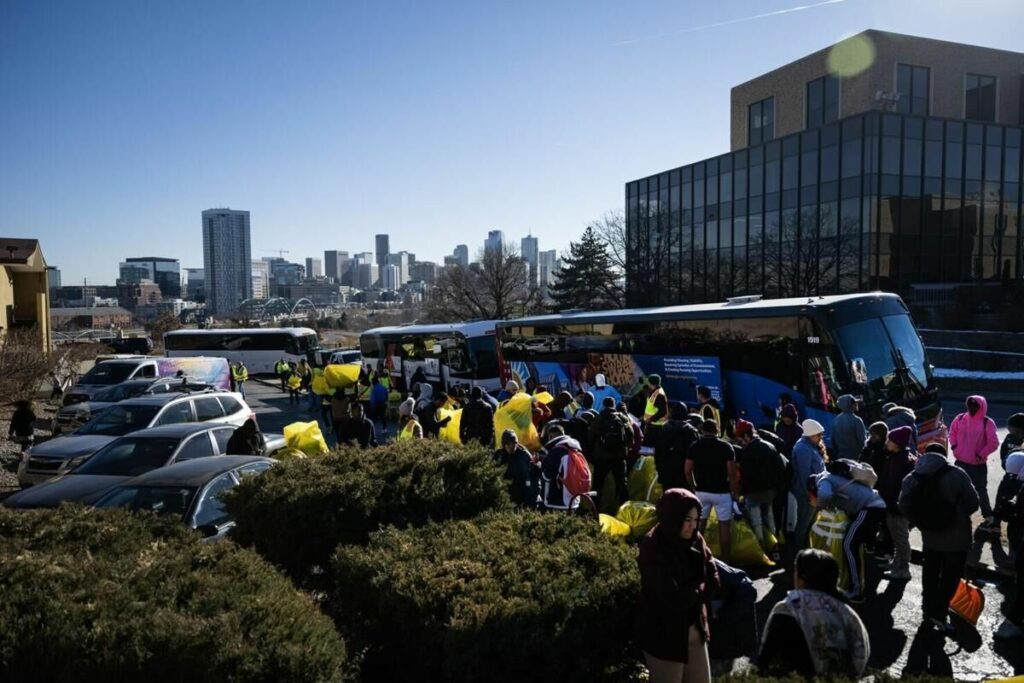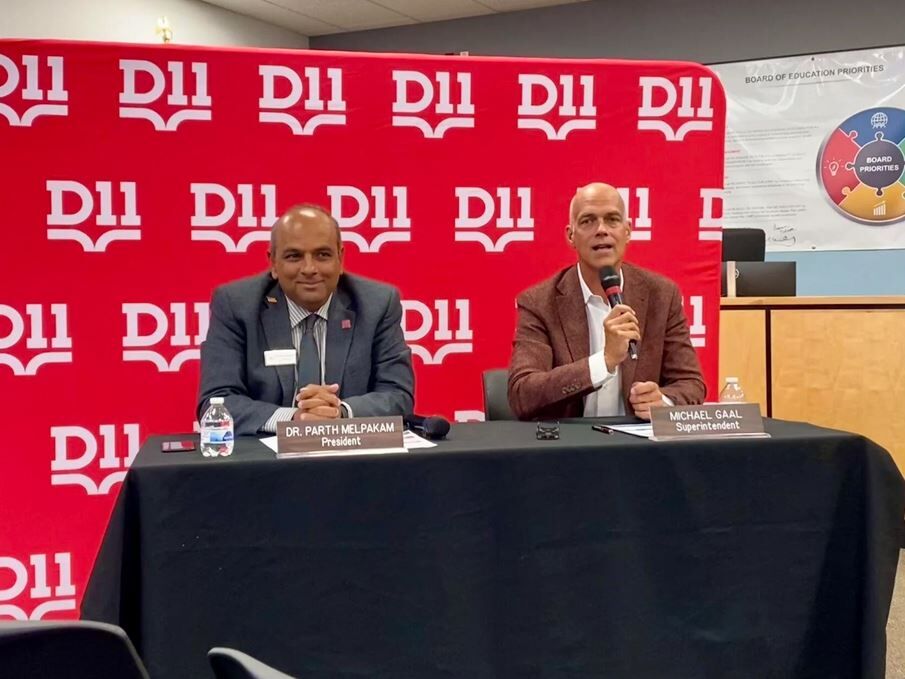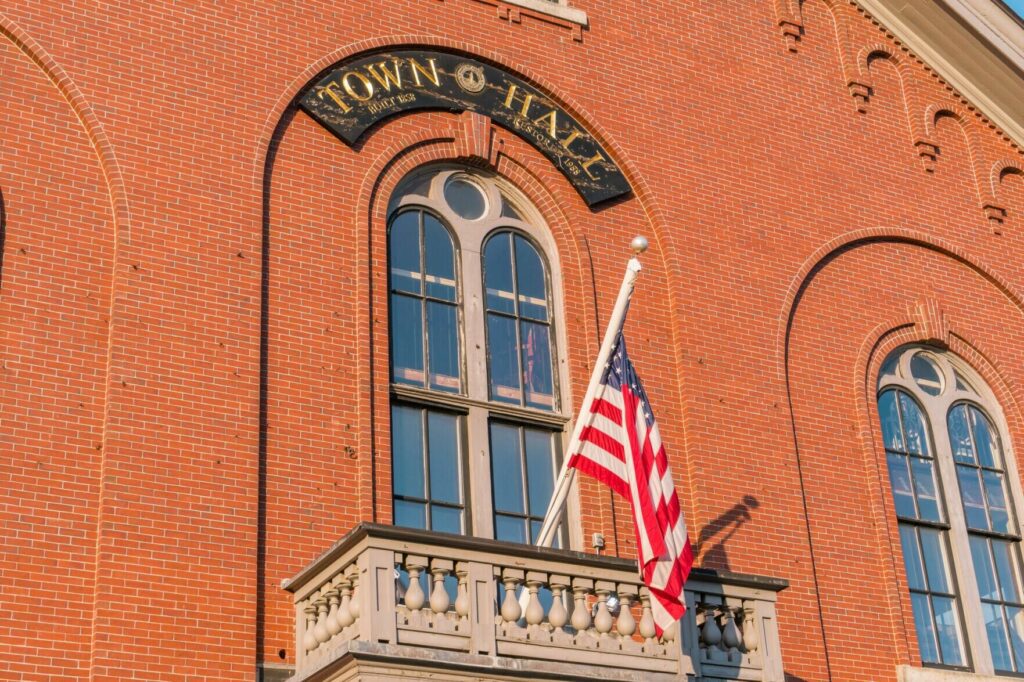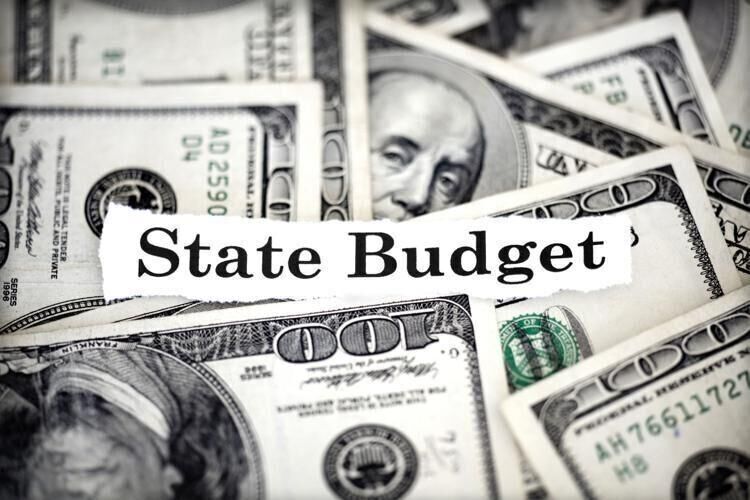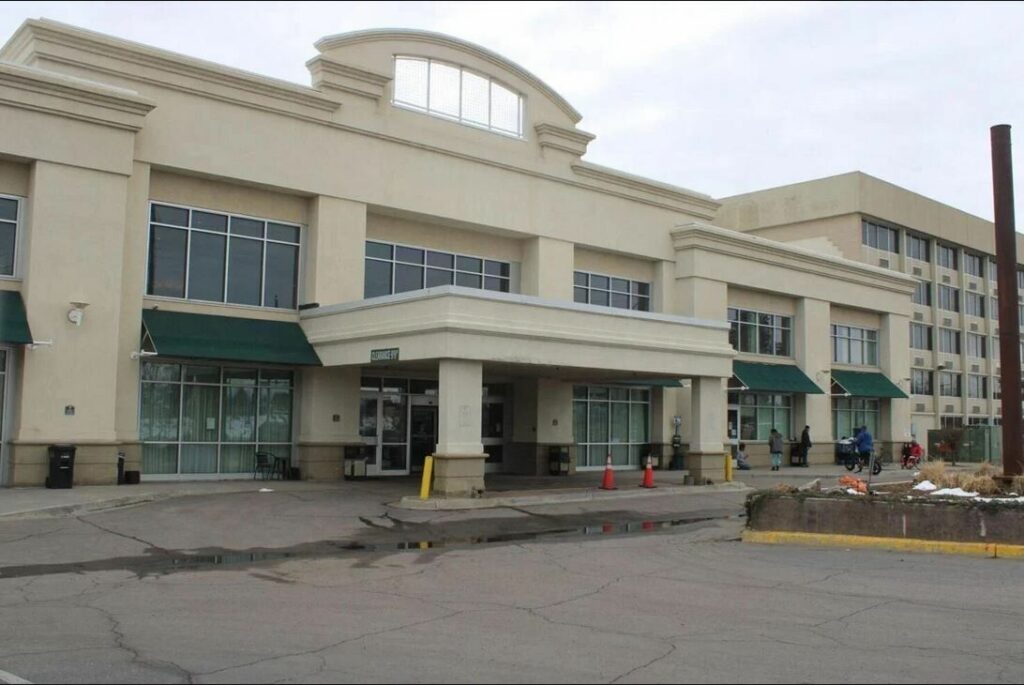Denver Gazette: Prop. 123 won’t fix what ails housing; vote NO
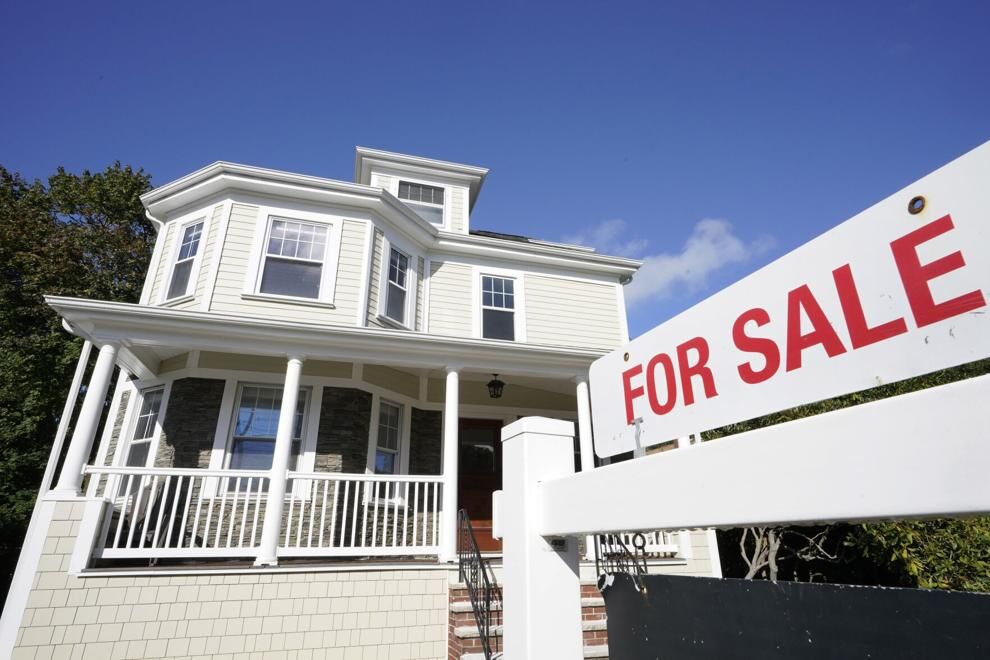
Affordable housing has been in short supply for a number of years along rapidly growing Colorado’s populous Front Range. That goes for the state’s resort towns in the mountains, too. The shortage stymies workers, students, young couples starting out on a new life together – you name it.
What’s also in short supply are viable solutions for the affordable-housing crunch. Proposition 123 on this fall’s statewide ballot deserves some credit for at least taking up the issue with the best of intentions. Unfortunately, it’s not the answer.
The ballot proposal’s plan for throwing a lot of money at the problem in wide-ranging ways is too unfocused to make meaningful progress. Its reach into Colorado taxpayers’ pockets for such an unrealistic agenda can’t be justified.
We urge a NO vote.
The proposal would transfer about $145 million from the state’s general operating fund in the first year of implementation, and about $290 million a year thereafter, to an assortment of housing-related programs administered by a couple of state agencies in the executive branch. Those large appropriations don’t involve a tax hike per se; Prop. 123 instead would ding taxpayers’ TABOR refunds.
Those are the refunds Colorado taxpayers receive – this year, via checks that arrived in the mail – out of surplus tax revenue the state collected above the rates of growth and inflation combined. The refunds are required under the provisions of the Taxpayer’s Bill of Rights enacted into the state constitution in 1992.
Not every year results in surplus revenue, of course; it depends on how the overall economy is performing. In an economic downturn, Prop. 123’s massive transfers to housing programs still would be mandated – but would have to come out of other government services. Schools, highways and other essentials could feel the pinch if Prop. 123 passes.
To justify that kind of fiscal impact, Prop. 123 would have to hold a lot of promise for putting affordable housing within reach of more Coloradans. That’s unlikely.
Prop. 123 uses unrealistic benchmarks to qualify housing as “affordable” and thus make it eligible for support from one of the funded programs. Rent or mortgage payments couldn’t exceed 30% of a household’s income. In some of the places where renters and home buyers need help the most – think of the many struggling workers in the tourist trade in Colorado’s mountain resorts – housing is so astronomically expensive amid income so modest, it couldn’t meet 123’s standards.
At the same time, the funding stream itself under 123 would be so diffuse as to cast doubt on its ability to have much impact through any particular program. Some of the proposal’s revenue would go to land banking; some of it would go into “concessionary debt” for projects that qualify for low-income housing tax credits and the like; some would go to down-payment assistance; some to the homeless – on which public and nonprofit agencies already spend hundreds of millions of dollars a year statewide – the list goes on.
And for all the money 123 would pump into further stoking the demand side of the state’s superheated housing economy, it would do nothing to address the limited supply of housing that drives up prices in the first place. That involves a separate undertaking – reassessing the state and local statutory and regulatory hurdles to new housing construction.
Colorado’s affordable-housing problem is real; Prop. 123 isn’t up to the challenge. Vote NO.
Denver Gazette Editorial Board




